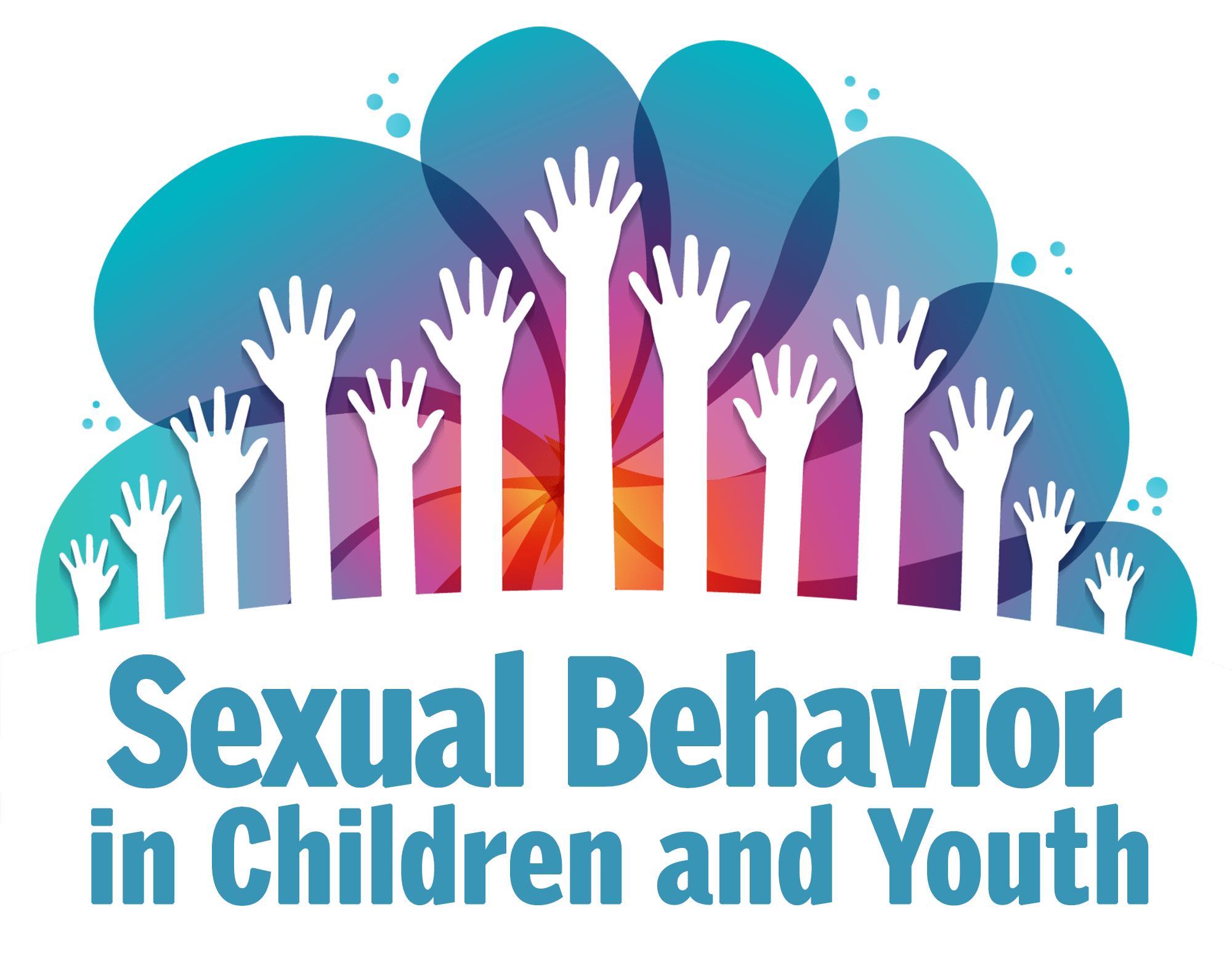By: Jason Jowers
On May 20th, 2021, OneOp hosted our latest webinar in the Sexual Behavior in Children and Youth Series entitled “Considering the Adolescent Brain When Addressing Problematic Sexual Behavior of Youth.” This webinar was a great next installment in our Sexual Behavior in Children & Youth (SBCY) Series, which has been ongoing since May 2019!
The goals of this webinar focused on recognizing normative, age-appropriate adolescent social, emotional, cognitive, and moral development as well as the impact of the adolescent brain on impulsive behavior, reasoning, and responsiveness to feedback. This included identifying strategies for approaching adolescents and supporting healthy behavior. Participants also reviewed current research on adolescents with illegal or problematic sexual behavior.
We were joined in this webinar by Renee Roman, LMSW, a practicing New York State Licensed Social Worker with over twenty-nine years of experience. She is currently employed as a Consultant and Trainer. She attended Alfred University for her bachelor’s degree and obtained her master’s in social work from SUNY Albany with a concentration in children and families.
Webinar Highlights
We wanted to share some of the highlights from this webinar session that are beneficial for service providers and continue to provide strategies and resources when working specifically with military children and families.
- We began this webinar with an overview of normative adolescent development, highlighting the details of physical and mental/cognitive changes. This then led to the propensity for risk-taking and risky behavior for adolescents and teens.
- This then transitioned into talking about normal adolescent sexual behavior and the impact that technology, specifically sexting and online pornography, has had on being a modern part of adolescent and teen sexual behavior.
- Next, now that the overview of normative adolescent sexual behavior was complete, Renee Roman began the topic of adolescents who engage in problematic sexual behavior, with statistics and characteristics for both males and females who engage in PSB.
- One systemic piece that Renee spoke on was the situational factors that can have an effect on teens exhibiting PSB like substance abuse, negative peer influences, developmental disabilities, and disruptive or delinquent behaviors like ODD and Conduct Disorder.
- She then went over the research around recidivism and stats on placement procedures either staying home or out-of-home placement within treatment facilities.
- Renee finished up on ways to talk to adolescents, teens, and their families about PSB and ways to convey appropriate and helpful messages around therapeutic goals.
Archived Viewing and CE Credit Info
If you missed the live event, you can watch the archived recording on our YouTube channel at the event page here. Free Continuing Education Credits for this event are still available for licensed social workers, professional counselors, case managers, certified family life educators, and family therapists. The Case Management CE credits are available through May 2022 and the UT Social Work CEUs through May 2023.
And be sure and join us for our next SBCY Series webinar coming up in August entitled “Talking with Youth about Sex, Sexuality, and Media.” Be sure and RSVP for the live event here!
Blog Image: OneOp SBCY Series logo















